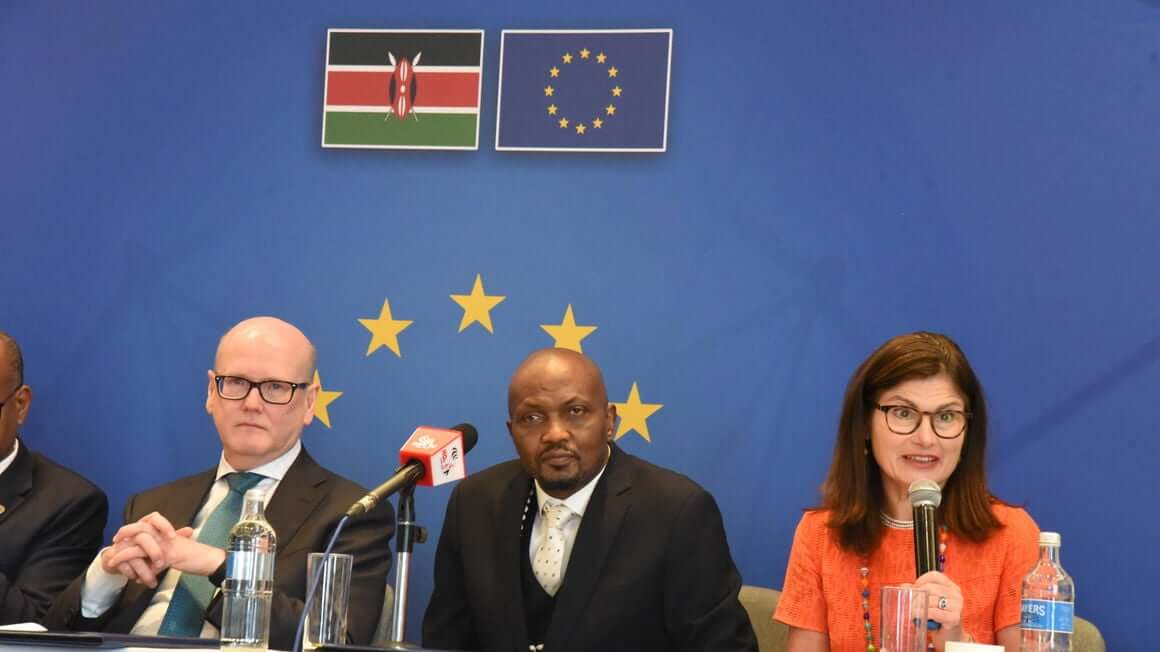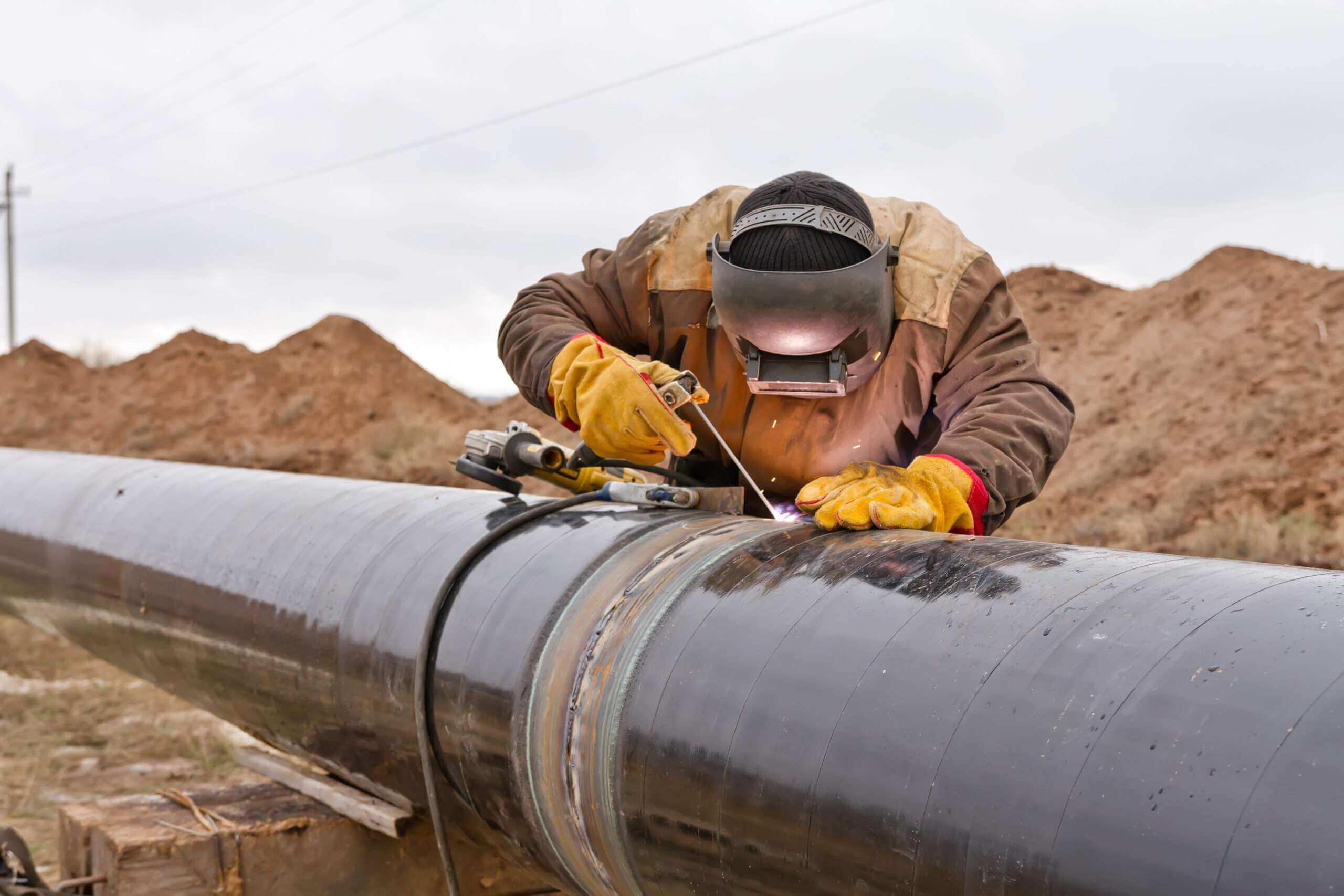Kenya hopes to close a provisional trade agreement with the European Union (EU) next month to ensure exports continue to access Europe on a duty and quota-free basis.
Both the EU and the Kenyan government announced they would resume talks on the deal known as the interim EU-Economic Partnership Agreement (iEU-EPA) this week before its conclusion in March.
“We are resuming negotiations this week, and we hope these negotiations will be completed when the President (William Ruto) travels to the EU next month,” EU Ambassador to Kenya Henriette Geiger said.

“By the 31st of March, we must conclude our economic partnership agreement,” added Trade and Investments Cabinet Secretary Moses Kuria.
The interim agreement is expected to be a placeholder for the Economic Partnership Agreement (EPA) between the EU and the East African Community (EAC) countries, of which Kenya is a member.
EAC-EU pact
Kenya and Rwanda signed the deal in September 2016, but only Nairobi has ratified it, with other EAC partner states as holdouts.
This left the EU-EAC-EPA in limbo as it has been a prerequisite that the agreement is endorsed by all EAC member states for it to become effective.
The signing of the EPA deal was initially delayed because some states wanted a provision for special export taxes to protect certain sectors they consider sensitive and to discourage the exportation of raw materials to Europe.
Kenya’s neighbours, which are classified as least developed countries (LDCs), enjoy preferential access to the EU market. This has forced Kenya, a lower middle-income economy, to seek a temporary arrangement with the EU as its goods stood to attract higher taxes.
EU-Kenya forum
“Our neighbours must aspire to rise from the least developed category. We cannot incentivise poverty,” said Trade CS.
President Ruto has urged the Kenyan and EU officials to close the deal during the negotiations set to happen at the sidelines of the inaugural EU-Kenya Business Forum, which runs on Monday and Tuesday this week.
“Doing business in Kenya is strategic and highly beneficial. It is in the EU’s best interest to complete the deal,” President Ruto said.
The temporary EU-Kenya deal is expected to liberalise trade in goods on a mutual basis, giving Kenya duty-free access to the EU market for all exports and partial and gradual opening of the Kenyan market, including agriculture and fishery products.
Imports from the EU broadly cover machinery and mechanical appliances, equipment and parts, vehicles and pharmaceutical products.
Kenya is also leading negotiations that will establish a tripartite deal between the EAC, the Common Market for Eastern and Southern Africa (Comesa), and the Southern African Development Community (SADC).
Source: Business Daily







